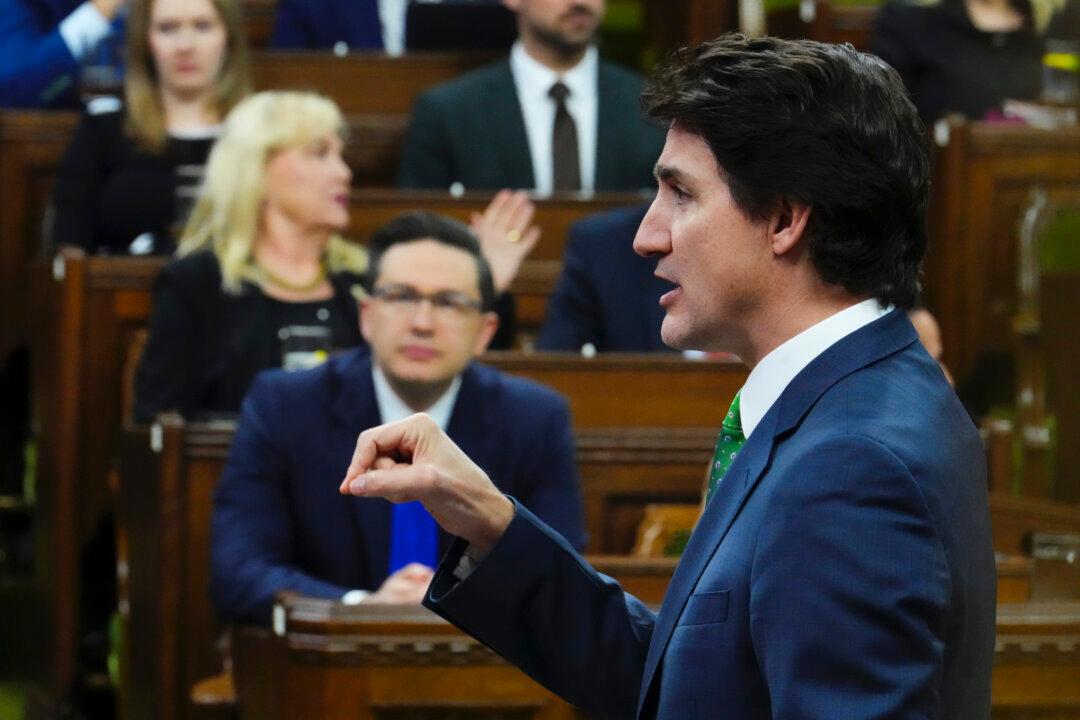A report to Prime Minister Justin Trudeau outlines steps the federal government is taking to address foreign interference after media reports in recent months have alleged extensive meddling by Beijing.
The most consequential steps announced include beginning work to update key pieces of legislation to better tackle foreign interference.





